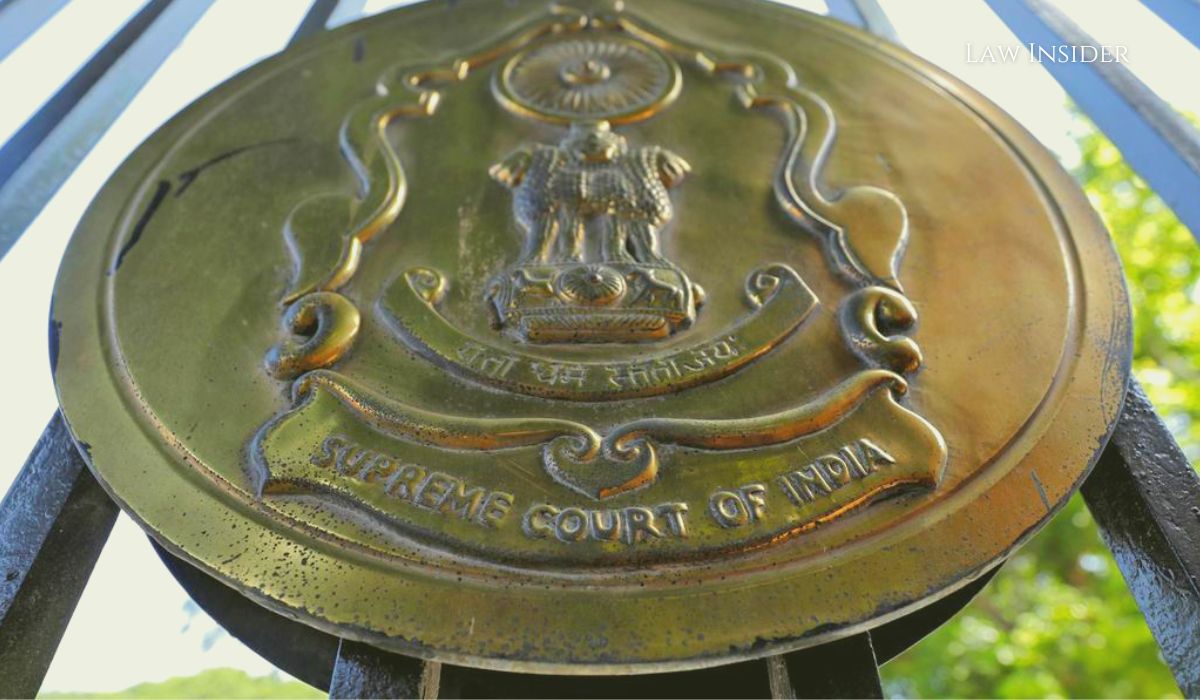Akansha Upadhyay
Published on: 21 November 2022 at 21:46 IST
The Supreme Court reiterated that presumption under Section 139 of the Negotiable Instruments Act involves a presumption that a legally enforceable debt or liability exists.
In this dismissed case, the Trial Court quashed the check bounce complaint on the ground that the complainant was not able to produce sufficient evidence that he was in a position to advance the loan of Rs.9 lakhs to the accused.
In appeal, the bench comprising Justices Sanjiv Khanna and JK Maheshwari of the Supreme Court noted that the accused had admitted his signature on the subject cheque.
A bench ruled that we do not think that the High Court was right in holding that the onus was not on the accused to show that the debt was neither due nor payable.
The court cited the decision in T. Vasanthakumar Vs. Vijaykumari (2015), the bench said:
“This decision, refers to an earlier judgment of this Court in “Rangappa vs. Sri Mohan” (2010) 11 SCC 441, which elucidating on the presumption under Section 139 of the NI Act, observes that this includes a presumption that there exists a legally enforceable debt or liability.”
“However, the presumption under Section 139 of the NI Act is rebuttable and it is open to the accused to defence existence wherein of a raise a the legally enforceable debt or liability can be contested.”
The court thus held that the complainant was entitled to the benefit of presumption under Section 139 of Negotiable Instrument Act.
Allowing the appeal, the bench directed the High Court to consider the evidence and material on record to decide whether the offense under Section 138 of NI Act is established and made.

